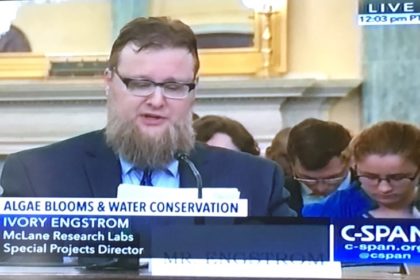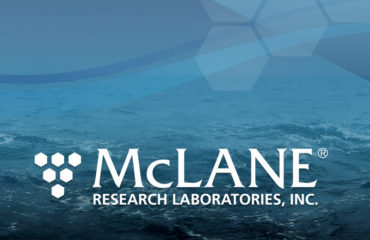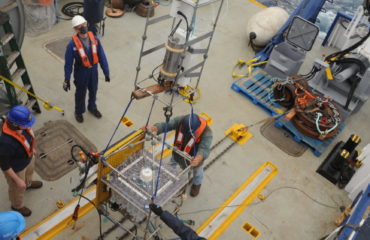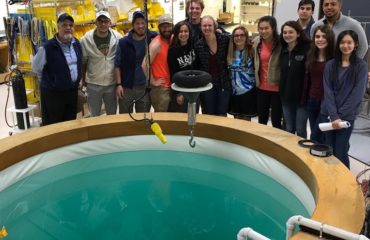
McLane recently had the honor of providing testimony to the US Senate on emerging technologies that detect and mitigate Harmful Algal Blooms (HABS). Click here to watch the Senate hearing. McLane’s testimony begins at 25:45.
On August 28, Director of Special Projects Ivory Engstrom spoke to the Senate Subcommittee on Oceans, Atmosphere, Fisheries, and Coast Guard in Washington at a hearing on HABS. Engstrom’s testimony focused on technological developments that improve HABS detection and identification such as the McLane Imaging FlowCytobot (IFCB) and Environmental Sample Processor (ESP). “HABs are a growing threat to our economy and our well-being, and as such, [McLane] has made significant investments in commercializing promising technologies for use as HAB early warning systems”, he testified. “Pioneering research is being done by our customers. We view our role as that of supporting our partners and providing high-quality instruments for their cutting-edge research.”
Also testifying was Dr. Donald Anderson, Woods Hole Oceanographic Institution (WHOI), who spoke about the “national problem” that the increasing frequency and intensity of harmful algal blooms pose.
The IFCB is a smart underwater microscope designed to detect phytoplankton. Uses include phytoplankton ecology research, harmful algal bloom detection, water quality characterization, and aquaculture monitoring.
The ESP provides in situ collection and analysis of water samples from the subsurface ocean. The instrument collects discrete water samples, concentrate microorganisms or particles, and automates the application of molecular probes in order to identify microorganisms and their gene products.
See our website for more detailed information on both instruments.



